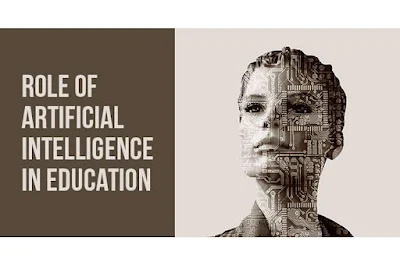Artificial Intelligence (AI) is a rapidly growing technology that is changing the way we live and work. One area where it has tremendous potential is in education. AI has the ability to personalize learning, automate administrative tasks, and provide educators with valuable insights into student performance. In this blog, we will explore the role of AI in education and how it is helping to prepare students for the 21st century.
Personalized Learning
One of the key benefits of AI in education is the ability to personalize learning. With AI-powered algorithms, educators can create individualized learning plans for students based on their unique strengths and weaknesses. This approach to learning allows students to work at their own pace and receive the support they need to succeed.
Automating Administrative Tasks
Using AI, administration tasks like scheduling and grading can be automated. This frees up educators' time so they can concentrate on student instruction. Furthermore, AI helps streamline processes such as course registration and enrollment for a more efficient and user-friendly education experience.
Insightful Analytics
Collection and analysis of data is another area where AI is making a difference in education. The use of AI tools can provide educators with valuable insight into student performance, such as identifying areas of weakness and strength. Based on this information, teachers can adapt teaching methods and course content accordingly.
Preparing Students for the Future
Increasingly, 21st century workers need a range of skills and knowledge for success. With AI in education, students are prepared for these changes by providing them with the tools and knowledge they need to succeed. AI is helping students succeed in the 21st century by offering personalized learning, automating administrative tasks, and providing insightful analytics.
Finally, The role of AI in education is rapidly expanding, offering educators and students new opportunities for improving learning. With AI, learning can be personalized, administrative tasks can be automated, and useful analytics can be provided to prepare students for the challenges of the 21st century. AI in education will continue to evolve in the coming years as technology advances.


Comments
Post a Comment